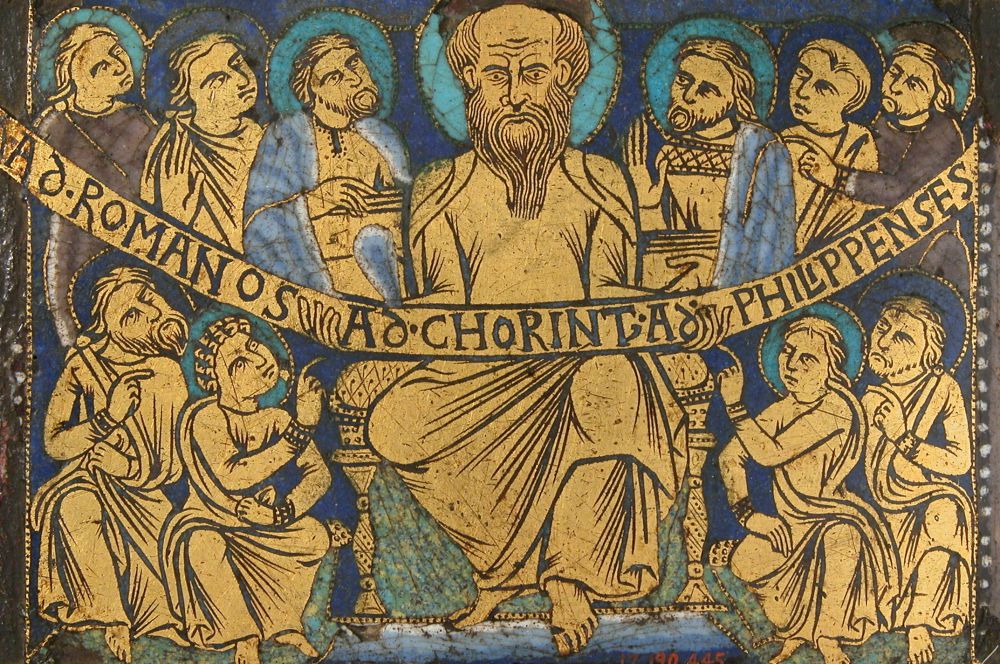Introduction to Early Christianity
Early Christianity had a profound impact on the development of Western civilization. The first few centuries of the Christian movement were dynamic and turbulent. Understanding its origins helps us trace the evolution of religious thought, social structures, and cultural beliefs that continue to shape our world. The New Testament is a central text for billions worldwide. Studying the historical context in which it emerged fosters a deeper and more nuanced understanding of its contents, messages, and continued interpretation.
Studying the challenges and complexities faced by early Christians can ignite questions and gain insight about personal faith, beliefs, and values. However, class attendees should remember that
- Complexity: Early Christianity wasn’t monolithic. Various Christian groups competed with different beliefs and practices. Acknowledging this diversity from the outset is crucial.
- Sources: Reliance on biased historical sources is a challenge. Scholars carefully assess textual accounts alongside archaeological evidence for well-rounded perspectives.
- Modern Lens: Interpreting ancient history through a contemporary lens risks distortion. It’s vital to contextualize early Christian beliefs and practices within their own time and social world, avoiding the trap of imposing modern assumptions.
Attendees are encouraged to review extra readings for fuller explanations and understanding. While each discussion has a suggested list of books to peruse, they tend to be academic. For an easier and more understandable read, Father Melton’s book recommendations may be a better choice.
Links to videos, articles, maps and charts are provided but should be viewed as opinions, justified or not.
Eight Week Curriculum
Discussion One: Against All Odds – Jewish Society, Economy, Culture, Demographics, and Politics Before Christ. ((Week One)
Understanding the environment at the time of Christ is important to understand the attraction, organization, issues, and evolution of the Christian doctrine and organization.
Discussion Two: An Unexpected Messiah – Jesus Christ Ministery (Week Two)
The Old Testament prophecies about the coming Messiah, the Message of John the Baptist, and the appearance of Jesus of Nazareth – the Unexpected “Messiah”
Discussion Three: The Messager and the Message (Week Three)
The Calling of Apostles, Miracles, and Parables, concluding with Death and Resurrection
Discussion Four An Unlikely Messenger – Paul the Apostle (Week Four )
The conversion of Saul of Tarsus, his missions, and Letters
Discussion Five: Gaining a Foothold – First Century Church (Week Five)
The leaders of the early Church: Persecution, Orthodoxy, Structure
Discussion Six: Persecutors, Martyrs & Apologists (Week Six)
Persecutions ramp up as evil rumors abound in Empire, Church Apologists and New Heresies
Discussion Seven: Finding the Truth – Orthodoxy and Scripture (Week Seven)
Appearance of Christian Creeds, Organization Structure. Definition of the Trinity
Discussion Eight: Holy Roman Empire – Institutionalism and Secularism (Week Eight)
The Benefits and Perils of Acceptance and Power

